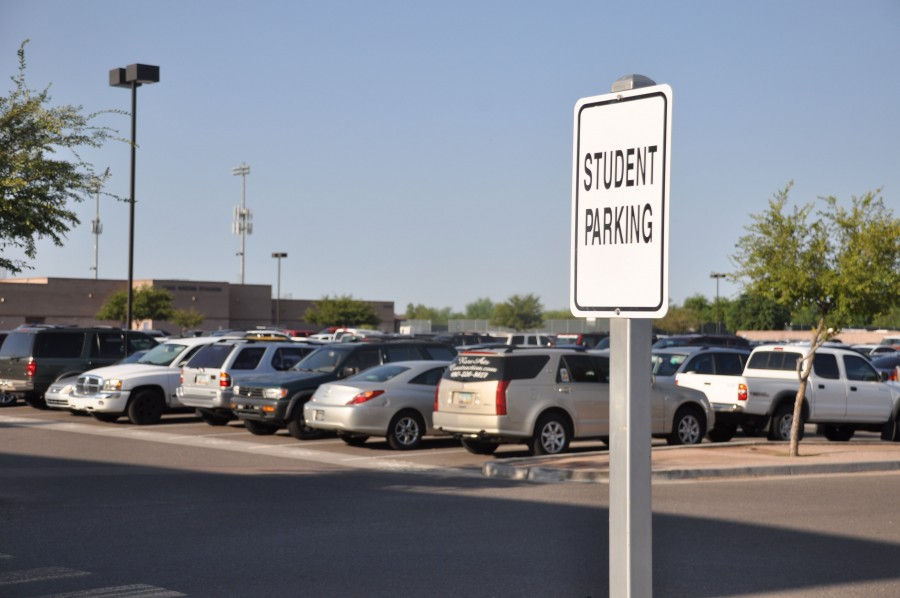
By Lily McLaughlin and Renee Forsyth
Paying $176 a year for a parking spot is an annoyance. Having the ability to drive yourself to school is one of many perks at the high school. Most kids would jump at the chance to not ride the dirty, loud bus that gives everyone a headache.
Parking pass costs should be lowered to accommodate every economic level.
Many juniors and seniors have the privilege of driving to school, whether they park in the student lot, or on the street.
“It’s more convenient, and I get to go on my own time. I also don’t have to stand outside and wait for the bus,” said Selena Lanham, a BHS senior.
Being able to drive to school makes it easier to control your own timeliness because you have your own form of transportation.
Some students are within a mile radius and the district does not give them a bussing option. So either they walk or drive to school.
“I don’t have a very fuel efficient car and gas is expensive,” said Dane Marvin, also a BHS senior who is planning on attending college.
For a teenager who has other obligations such as a job and other activities, it makes it hard to pay for extra expenses such as an almost $200 parking fee.
Coming from an administrator’s point of view the topic of changing the cost is up to the maintenance company’s work prices. When you have a student who can’t pay for a spot or will be taking a large part of their savings, what do you do?
“We call parking an extra fee,” said Dave Andrews, the Assistant Principal for Operations and Athletic Director. “It’s not required you don’t have to drive your car here.”
Just because driving is an option doesn’t mean it can’t be an option for everyone.
“It’s like a perk, we typically don’t fee waiver parking,” Andrews said.
Driving to school shouldn’t be a “perk.” It should be an option that is available to everyone regardless of finances.